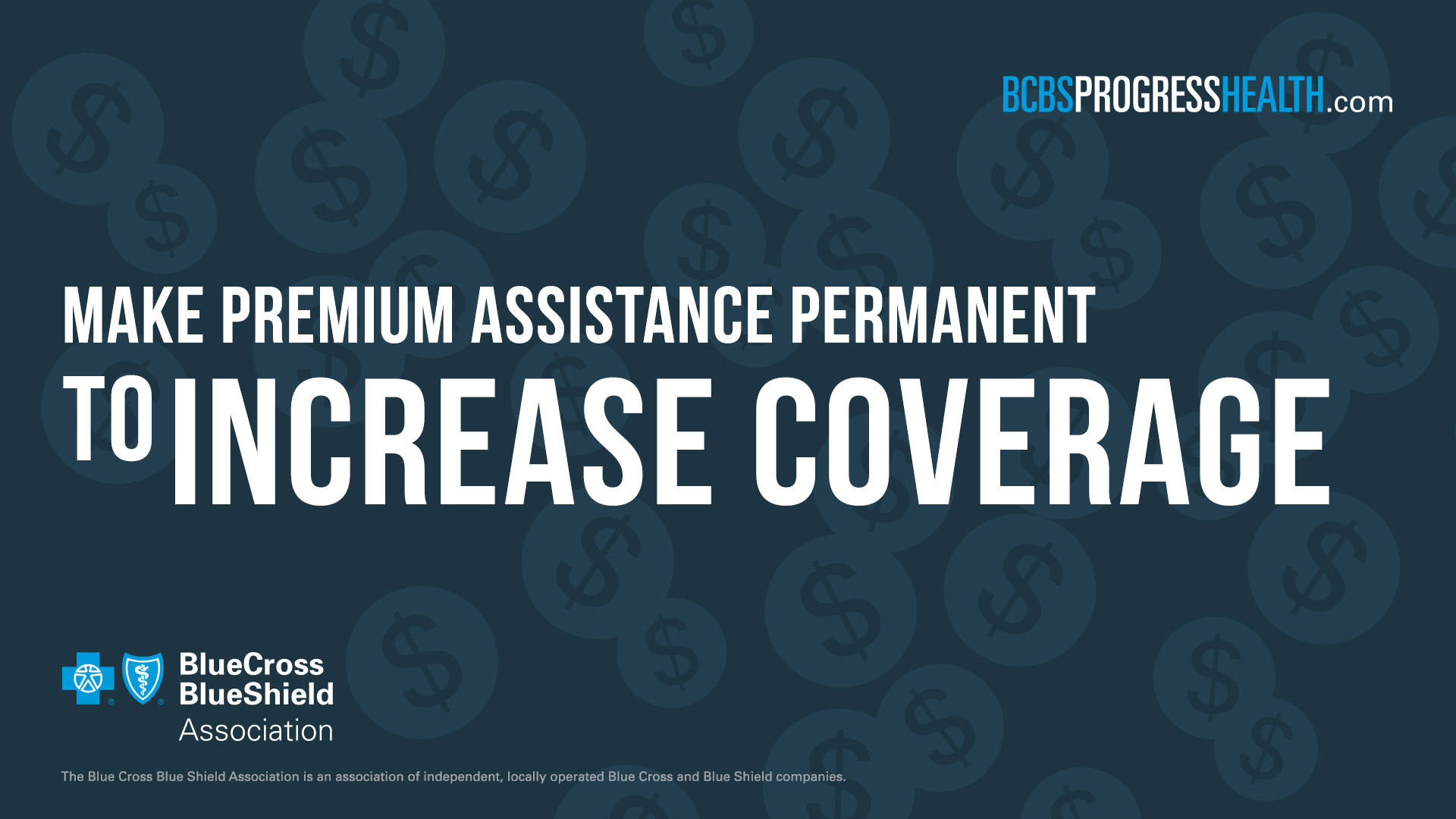| |
| |
| |
| Presented By Blue Cross Blue Shield Association |
| |
| Vitals |
| By Tina Reed ·May 21, 2021 |
| Good morning. That didn't take long: A lawsuit has been filed just one week after Missouri's governor said his state would not expand Medicaid when the legislature refused to fund it, the St. Louis Post-Dispatch reports.s. Happy Friday, everyone. Today's word count: 1,057, or a 4-minute read. |
| |
| |
| 1 big thing: Big money pours into drug fight |
 |
|
| Illustration: Aïda Amer/Axios |
| |
| Millions of dollars are being poured into the fight over prescription drug costs — and not just from pharmaceutical companies and their allies. Consumer groups aren't letting up on the issue either, Axios' Caitlin Owens writes. Why it matters: Lowering drug costs has been a top Democratic priority for years and is hugely popular among the public, a fact both supporters and opponents of reform aren't taking lightly. State of play: The path for Democrats' major drug pricing bill, which includes a measure to allow Medicare to negotiate prices, is unclear. At least 10 centrist House Democrats have signaled opposition to the bill, as Politico reported. Driving the news: Multiple groups announced seven-figure ad spends on drug pricing just this month. - Yesterday, Patients For Affordable Drugs Now announced it's launching a seven-figure national campaign supporting the House bill in 42 districts.
- Protect Our Care also launched a seven-figure campaign advocating for Medicare to be able to negotiate drug prices.
The other side: The American Action Network has announced it will spend at least $5 million opposing the House bill. - "We want to ensure voters see firsthand how just how devastating their gambit really is," said Calvin Moore, communications director for AAN.
Between the lines: For most other issues, an unclear path forward paired with multiple competing legislative priorities wouldn't be a recipe for success. But lowering drug prices is popular. - The policy also would save the federal government billions of dollars, which could help offset the cost of Democrats' other legislative priorities.
|
    |
| |
| |
| 2. Employers' dog in the drug pricing fight |
| Employers and their workers have hundreds of billions of dollars at stake in the fight over House Democrats' drug pricing bill, according to a new West Health Policy Center analysis. Why it matters: If anyone has the political clout to take on the drug industry, it's employers, Caitlin writes. By the numbers: The House bill could reduce employer health spending by $195 billion between 2023 and 2029, West Health estimates, noting that this is a conservative scenario. - Employees could save $61 billion through lower premiums and out-of-pocket costs.
- Affordable Care Act market costs could fall by $58 billion.
Details: The bill would allow Medicare to negotiate the prices of some drugs, tie those prices to what other countries pay, and make those prices available in the commercial market. - It would also limit drug price increases under Medicare and cap beneficiary out-of-pocket spending.
- The price negotiation provisions of the bill would save the federal government hundreds of billions of dollars over a decade, the Congressional Budget Office has estimated.
|
    |
| |
| |
| 3. The health care worker squeeze |
 |
|
| Illustration: Sarah Grillo/Axios |
| |
| There are hundreds of open health care jobs for every applicant — and the shortfall is only growing, Axios' Erica Pandey writes. Why it matters: America is aging, and millions of recovering COVID patients will need long-term care, dramatically increasing the demand for physicians, nurses, and home health aides. But there aren't enough workers with the skills to fill these jobs. - "There was already this massive shortage, then along comes the pandemic," Michael Dill, director of workforce studies at the Association of American Medical Colleges told Pandey.
By the numbers: The U.S. will see a shortage of up to 122,000 physicians by 2032, per the AAMC. - According to new data from the jobs platform CareerBuilder, provided exclusively to Axios, postings for registered nurses have outnumbered applicants 53 to one over the last three months.
- During that same time period, postings for home health and personal care aides have outnumbered applicants 43 to one. And there are 363 nurse practitioner job postings for every applicant.
Some good news: Medical and nursing school applications have spiked during the pandemic. |
    |
| |
| |
| A message from Blue Cross Blue Shield Association |
| Reducing racial disparities in maternal health |
| |
 |
| |
| Women of color are two to three times more likely to die from pregnancy-related complications than white women. See how Blue Cross and Blue Shield companies nationwide are working to reduce racial disparities in maternal health by 50% in five years. |
| |
| |
| 4. More hospitals mandate vaccinations |
 |
|
| Illustration: Sarah Grillo/Axios |
| |
| More hospitals are requiring their health care workforce to get the COVID-19 vaccine, Axios' Marisa Fernandez reports. Driving the news: RWJBarnabas Health in New Jersey announced a mandate on Thursday, saying supervisors and those of higher rank must get the vaccine by June 30. They will eventually require all 35,000 employees to do the same. - Philadelphia's six-hospital University of Pennsylvania Health System also extended requirements Thursday to its 44,000 employees.
- In April, Houston Methodist was one of the first hospital systems to announce a mandate, and said it would require its 26,000 employees to receive a shot by June 7, MedPage reports.
Why it matters: It's a polarizing issue among health care workers, according to a Washington Post/Kaiser Family Foundation poll. - Nearly six in 10 said they would support requiring vaccinations for all employees who work with patients.
- Nearly two in three health care workers who don't plan on getting vaccinated or haven't decided said they would rather quit than get a shot, per the Post/KFF poll.
The state of play: Even in health care settings, vaccine mandates raise questions of ethics and workers' rights. Health care facilities have long required workers to get other vaccines, including flu shots. |
    |
| |
| |
| 5. Latinos want vaccines but can't take time off |
 Data: CDC; Chart: Danielle Alberti/Axios The number of vaccinated U.S. Latinos is increasing after months of unequal access, but hurdles remain for this especially hard-hit group, Axios' Marina E. Franco writes. By the numbers: Unvaccinated Latinos are more likely to say they'd like to get vaccinated than white and Black non-Hispanics, according to a Kaiser Family Foundation poll. - But they are also more concerned about barriers, like difficulty traveling to a vaccination center or missing work in case of side effects.
- 56% of those who have been vaccinated say they were asked for a government ID or a Social Security number, a situation that concerns Hispanics with lower incomes who may not have a driver's license or who are undocumented.
The bottom line: Half of unvaccinated Latino adults say they would get their coronavirus shot if it were available at a clinic they trust or if their employer would give them paid time off to get it. |
    |
| |
| |
| 6. Dog of the week |
 |
|
| Xóchitl embracing the outdoor life. Photo: Bohdonna Ketterling |
| |
| That's right. Our Dog of the week feature will continue on Fridays. Be sure to send me photos of your favorite pups at tina.reed@axios.com. Meet Xóchitl, a rescue who was abandoned after being bought at a pet store. - Her name is from the Aztec word for flower. She is a mix of at least six breeds according to her genetic testing.
- "She moved from Chicago to Colorado with us, where she has embraced the outdoor life, becoming a true mountain dog," says her dad, Kevan Ketterling of Salida, Colorado.
Xóchitl. Photo: Bohdonna Ketterling |
    |
| |
| |
| A message from Blue Cross Blue Shield Association |
| Making health coverage more affordable |
| |
 |
| |
| Enhanced premium assistance that makes health care coverage more affordable will end in 2022. See how Congress can help millions of middle class families by expanding coverage, reducing costs and making health care more equitable for everyone. |
| |
Post a Comment
0Comments